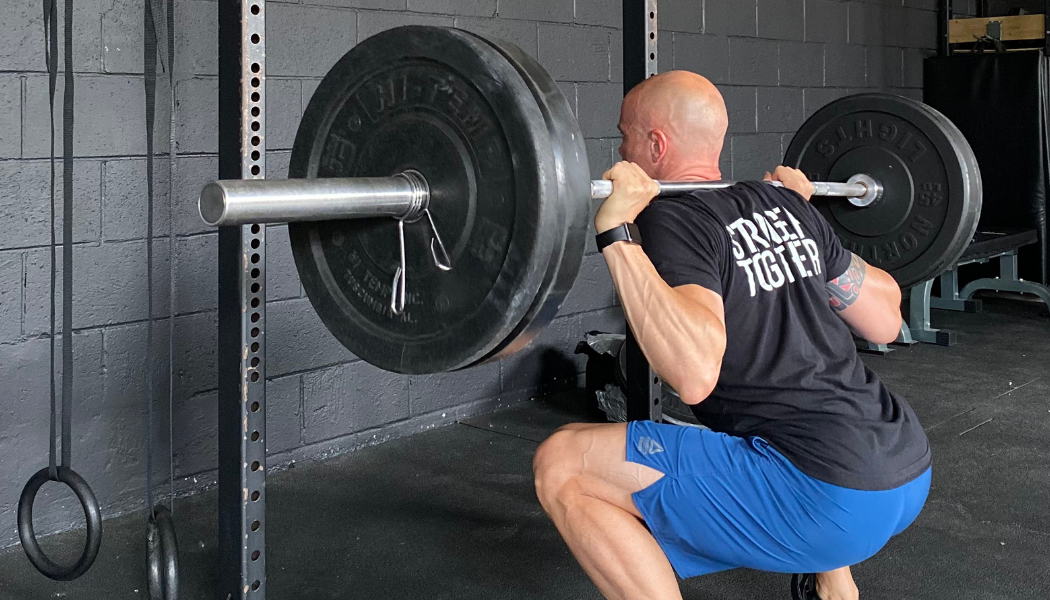How to Make Huge Changes in Your Life

… Start by making tiny changes in your life, one at a time.
In 2003, Sir Dave Brailsford took over the British Cycling Team. He wasn’t a professional coach, and he’d only been an amateur cyclist. Instead of trying to rebuild the perennially weak cycling team from scratch, Brailsford implemented a business strategy called the aggregation of marginal gains. Simply he tried to improve every aspect of the cyclists’ lives—training, nutrition, sleep, and equipment—by 1%.
They didn’t go out looking for new sponsors; some bike companies even refused to sell to the team because they were so bad. Instead, he first improved their seats to make them more comfortable. And he didn’t implement a radical diet change or workout regime; simply improved each by 1% at a time. When a new tiny gain had been realized, he asked himself, “How do I improve this feature by 1% NOW?”
The British Cycling team won 8 gold medals, 4 silver, and 2 bronze in 2008: More medals than in its entire history combined. Then Sir Bradley Wiggins and Chris Froome, two members of the team, won the Tour de France four times combined over the next decade.
Aggregating small wins WORKS.
You don’t need a radical new keto diet. You don’t need a “detox” (they’re fake anyway). You don’t need to start jogging five miles every morning. You just need to take one tiny step.
Working from home most of the time means every food is available all the time, and it’s all amazing. I knew I needed to get my nutrition back in line for my brain’s sake … and my body’s. But this year, I didn’t jump right back into the Zone or count macros to balance out my blood sugar. This year, I just started writing it down.
I started recording my food. Guess what? Immediately I started thinking more before each meal. I didn’t track calories or macros, literally just started journaling my food. That’s it.
If your diet is already solid, you can start by just doing 10 squats. Call it a day. Try for 11–or 10 push-ups the next day. But don’t think about that yet: just move.
Having a coach. you just have to show up, and the coach tells me what to do. Maybe that’s your first small step: Sign up for a free No-Sweat Intro and let us tell you what you should do first. Or just do one squat and start tracking your food. After 365 days, if you improve by 1% each day, you’ll be over 30 TIMES more fit!
Book a Free Intro Today HERE
The post How to Make Huge Changes in Your Life appeared first on CollectiveFit.
More Posts





